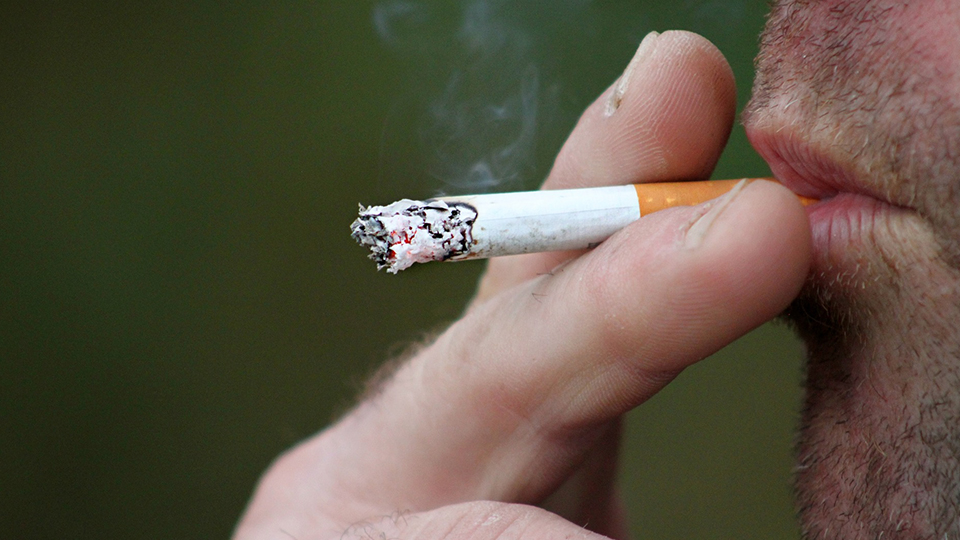Study: Cutting tobacco use would drive economic gains
Subscriber Benefit
As a subscriber you can listen to articles at work, in the car, or while you work out. Subscribe Now
Results of a new study released Thursday continue to add arguments to the debate over anti-tobacco laws and tobacco usage. The study, commissioned by the Indianapolis-based Richard M. Fairbanks Foundation, says reducing tobacco use would “unquestionably save lives,” and drive economic gains in the Hoosier State.
The research was conducted by the University of Illinois-Chicago and examined three key economic drivers, employment, income and population. Using a macroeconomic model, researchers examined two paths. In one version, tobacco consumption remained the same. The other version eliminated tobacco use all together.
“Arguments have been posited that decreasing tobacco use in Indiana would hurt the state’s economy by lowering incomes and tax revenue. In fact, quite the opposite is true,” said Claire Fiddian-Green, president and CEO of the Richard M. Fairbanks Foundation. “Reducing tobacco use would help bolster the state’s economy through lower costs and higher rates of employment.”
Based on the assumption of a tobacco-free Indiana, Fiddian-Green says the study shows Indiana employment numbers, disposable personal income and population would all rise.
She says the state would be a more attractive plan to live and work without smoking, so Indiana would have an influx of new residents and workers.
“These findings make it clear that a tobacco-free Indiana is a more prosperous Indiana,” Fiddian-Green said.
These findings are a follow-up to a previous report that showed employees who smoke cost employers an estimated $3.1 billion annually.
Click here to examine the new report.
